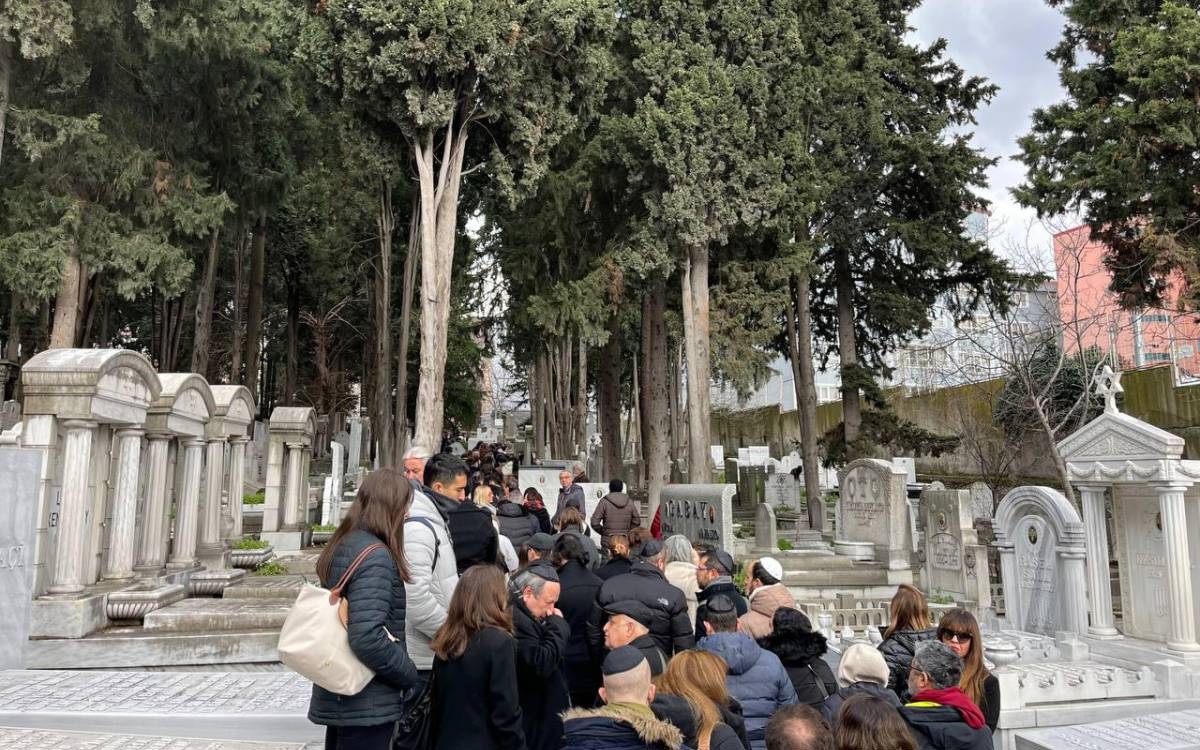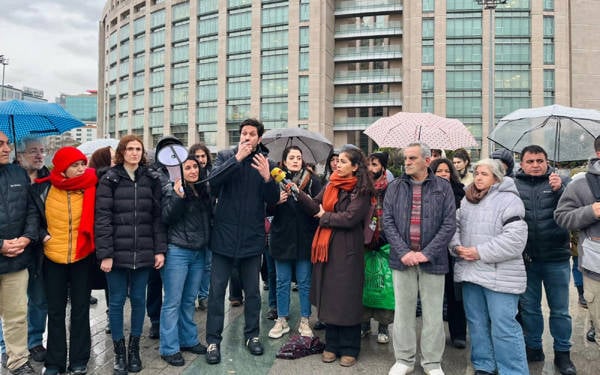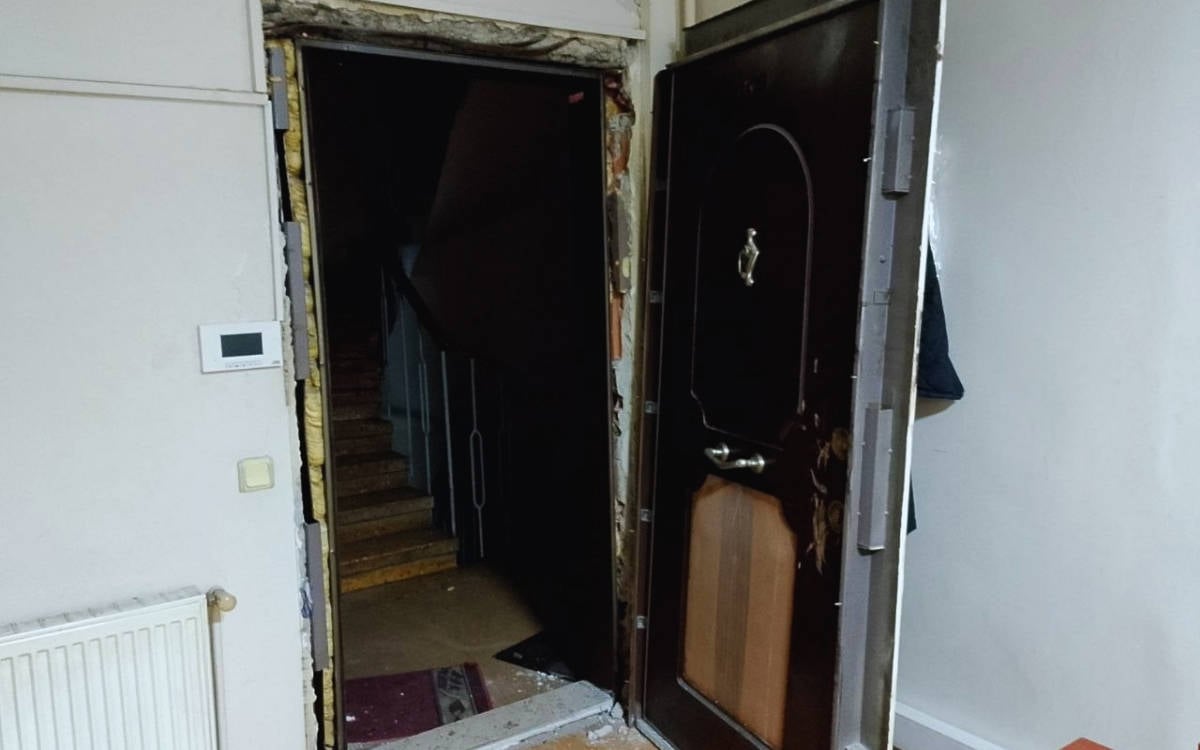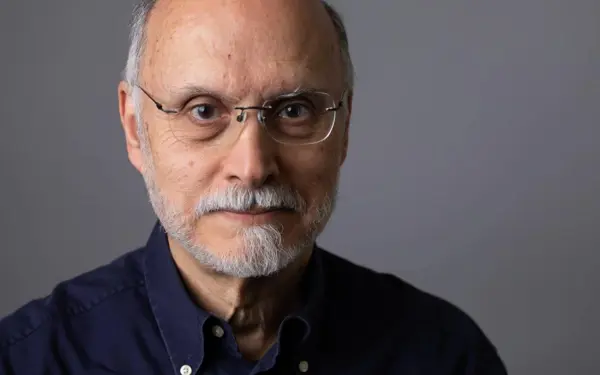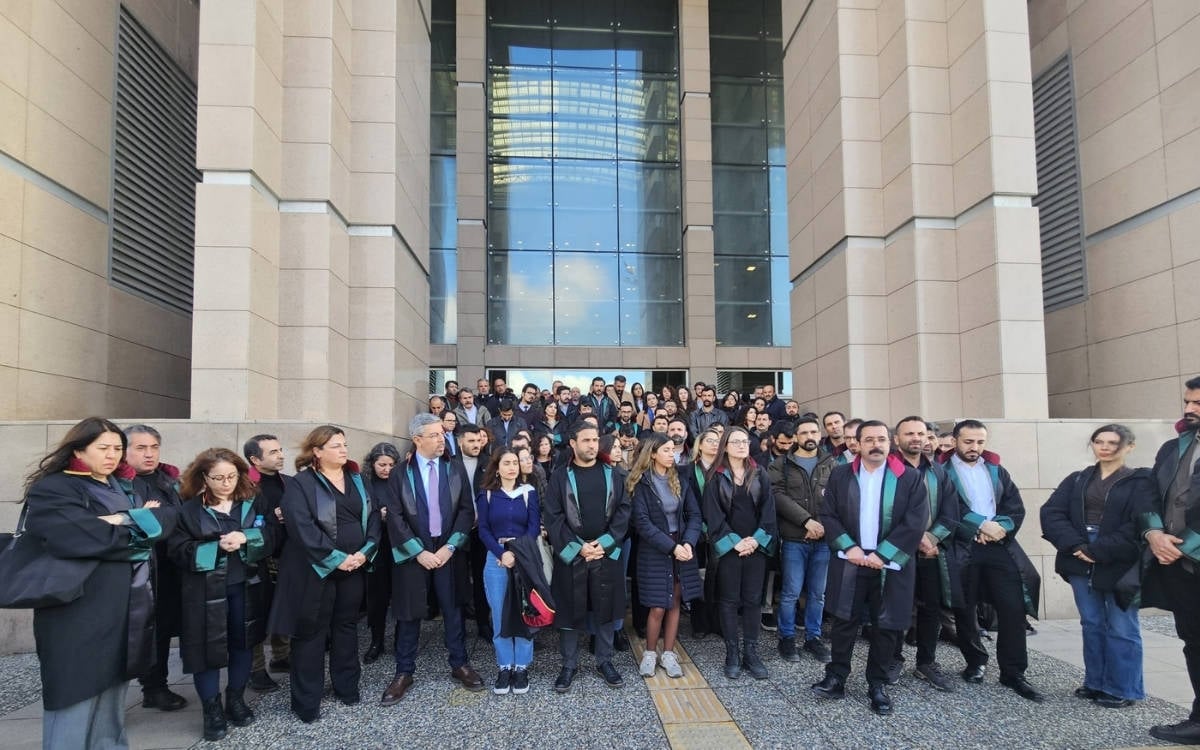Renowned author Mario Levi passed away yesterday in İstanbul. The 67-year-old Levi was bid farewell in a ceremony held today at the Jewish Cemetery in Acıbadem.
Prior to the funeral, the police took extensive security measures around the cemetery. Alongside Levi's family, attendees included admirers from Turkey's Jewish community, journalists, writers, publishers, and filmmakers.
Various institutions and individuals, such as the Chief Rabbi of Turkey, Or-Ahayim Hospital, Şalom Newspaper, Mişne Tora, İzmir Jewish Community Foundation, Minister of Culture and Tourism Mehmet Ersoy, İstanbul Metropolitan Municipality Mayor Ekrem İmamoğlu, Yeditepe University Rectorate, Turkey Publishers Association, the İstanbul branch of the Republican People's Party (CHP), and the publisher Everest Publications, among others, sent wreaths to the ceremony.
Levi's family received condolences under the canopy at the Acıbadem Jewish Cemetery. Following prayers in Hebrew, plates symbolizing the rebirth for Jews, represented by eggs, and mourning, symbolized by olives, were served at Levi's funeral meal.
Being a Jew in Turkey
Levi, one of the founding writers of Şalom Newspaper, who wrote his first story in 1975, contributed to various publications such as Hokka Magazine, Şalom, Cumhuriyet Newspaper, Cumhuriyet Magazine, Stüdyo İmge, Gösteri, Milliyet Sanat, and Oksijen after 1984.
Having published numerous works, including "İstanbul Was a Fairy Tale," "Our Most Beautiful Love Story," "The Amusement Park Is Closed," and "I Made Sponge Cake for You," Levi won the Haldun Taner Short Story Award in 1990 with his first storybook "Unable to Go to a City."
Born in İstanbul in 1957, Mario Levi, in his book "Photographs of Istanbul Within Me," recounted what it was like to be a Jew in Turkey and his reluctance to sometimes attend the synagogue in Şişli as a child:
"You were hesitant to tell your non-Jewish friends where you were going if you happened to run into them on the street. You would invent small lies that you can no longer remember now. Because you felt like you were committing a secret crime. Where did this feeling come from? From occasional suggestions at home not to show or announce everything that happened at home to the 'outside'? Was it because carrying this difference felt heavy for you? These were difficult questions to answer. Moreover, even now, they are difficult."






